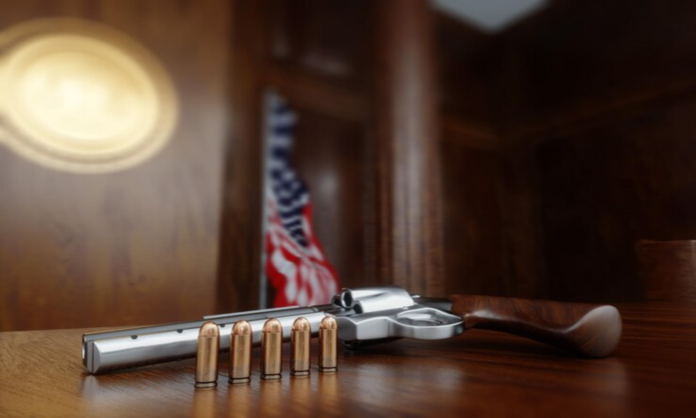The conversation around gun control legislation has reached a tipping point in 2025, with communities across the globe grappling with the balance between public safety and individual rights. Rising incidents of gun violence have brought the issue to the forefront, prompting governments to reevaluate policies and implement stricter regulations.
In the United States, where gun rights have long been a cornerstone of cultural and political identity, the debate remains as heated as ever. Several states have moved forward with tighter laws. Minnesota and Delaware, for instance, have enacted legislation to restrict rapid-fire firearms and strengthen background checks, aiming to curb access to weapons commonly used in mass shootings. Advocates for these changes argue that such measures are essential for reducing the country’s gun-related death toll, which remains alarmingly high.
At the federal level, progress is more challenging. Efforts to pass universal background checks and bans on assault weapons have encountered resistance in Congress. However, President Biden and his administration continue to push for reforms, leveraging public outrage over high-profile mass shootings to rally support. Grassroots organizations and gun control advocacy groups, such as Moms Demand Action, are also intensifying their campaigns, urging lawmakers to take decisive action.
Globally, the focus on gun control extends beyond the U.S. Canada has taken a proactive approach by freezing handgun sales and rolling out a buyback program for assault-style weapons. These measures are part of a broader strategy to address gun violence, reflecting a shift in how nations perceive the role of firearms in society.
Still, opposition remains strong. Gun rights advocates argue that stricter laws infringe on constitutional freedoms, particularly in the U.S., where the Second Amendment is often cited. They also contend that regulations do little to deter criminals and instead penalize law-abiding gun owners.
As 2025 progresses, the clash between safety and rights will likely intensify. While no single solution can eliminate gun violence, the growing urgency for reform signals a shift in public priorities. Whether through state legislation, federal action, or international collaboration, the world is watching closely as leaders grapple with one of the most pressing issues of our time.




